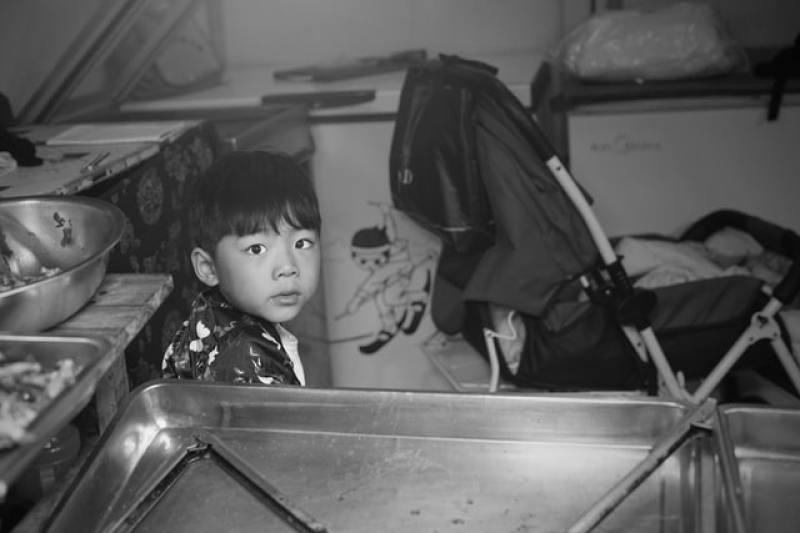
A Chinese Catholic priest has urged Pope Francis to speak in defense of orphans in China following closures of Catholic orphanages, according to a report.
In an article published at Asia News, Fr. Wendao shared what was happening to Catholic orphanages in China's Hebei and Shaanxi provinces that was shut down along with Catholic churches and minor seminaries by the government. The priest from northern China raised his sentiments on the China-Vatican agreement and sought the attention of the Holy See on these matters.
"I would like to ask you, our Holy Father of the universal Church: Can you hear the weakest and truest voiced of the Church in China?" He said in the article.
The priest identified the Sisters Of The Sacred Heart Orphanage that was shut down two years ago and the Liming (Dawn) Home and the St. Joseph's Disabled Infant Home under the Dioceses of Zhaoxian and Cangzhou, respectively, that were shut down recently.
Wendao said the orphanages were well-managed by the Catholic church and "solved some social problems" because "abandoned children could be cared for." He cited a professor from the Central Institute For Socialism, the school Catholic priests are sent by the government to be "reformed," that commended the Catholic orphanages in its contribution to China's society despite being a communist and an atheist.
"Catholic groups showed that what they did was for love, not profit. The staff and the Catholic Sisters serving there deserve respect. The love shared with the abandoned children comes from their faith in God. It is uncommon and rarely seen in other sectors in society," the priest quoted the professor in saying.
Wendao stressed that the government is "ignoring the beautiful contribution and quality social services" that the Catholic church is providing China through the orphanages by closing them down and transferring the children to facilities run by the government.
"It is clear that those government officials are not planning to serve abandoned children, but only to follow their senior officials' political orders, namely to do everything possible to reduce the influence of the Catholic Church in China," Wendao emphasized.
He added that the churches were closed by the government for the pandemic when "malls and tourist attractions were open" while pilgrimages were forbidden. He focused also on the government's "tightening its grip" in schools.
Wendao revealed that he received complaints from Catholics who informed him that students "who held a particular belief (especially Catholicism)" were encouraged to drop out of schools or underwent "psychological pressures" while teachers "received threats" in so far as their careers were concerned or received "hate attacks" in public.
According to Wendao, the China-Vatican Agreement initially gave encouragement to Catholics in China out of perceiving it as a means to "normalize" the life of the Catholic church there but things eventually got "blurred" as priest started eyeing for the post of bishop "disregarding the interests of the Church," churches were "dismantled, and minors were "banned" from church activities.
The priest said that the appointment of bishops by the Chinese Patriotic Catholic Association may further silence the voices of Catholics in China who experience many forms of injustices, discrimination, and suppression. He raised hopes that the Holy See would finally speak up about the issue.























